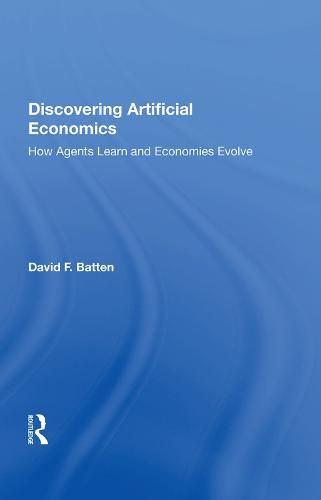Readings Newsletter
Become a Readings Member to make your shopping experience even easier.
Sign in or sign up for free!
You’re not far away from qualifying for FREE standard shipping within Australia
You’ve qualified for FREE standard shipping within Australia
The cart is loading…






I’Ve live in an astornshingly complex world, Yet what we do in our everyday lives seems simple enough. Most of us conform to society’s rules, pursue familiar strategies, and achieve reasonably predictable outcomes. In our role as economic agents, we simply peddle our wares and earn our daily bread as best we can.So where on earth does this astonishing complexity come from? Much of it is ubiquitous in nature, to be sure, but part of it lies within and between us. Part of it comes from those games of interaction that humans play-games against nature, games against each other, games of competition, games of cooperation. In bygone eras, people simply hunted and gathered to come up with dinner. Today you can find theoretical economists scratching mysterious equations on whiteboards (not even blackboards) and getting paid to do this. In the modern economy, most of us make our living in a niche created for us by what others do. Because we’ve become more dependent on each other, our economy as a whole has become more strongly interactive.
$9.00 standard shipping within Australia
FREE standard shipping within Australia for orders over $100.00
Express & International shipping calculated at checkout
I’Ve live in an astornshingly complex world, Yet what we do in our everyday lives seems simple enough. Most of us conform to society’s rules, pursue familiar strategies, and achieve reasonably predictable outcomes. In our role as economic agents, we simply peddle our wares and earn our daily bread as best we can.So where on earth does this astonishing complexity come from? Much of it is ubiquitous in nature, to be sure, but part of it lies within and between us. Part of it comes from those games of interaction that humans play-games against nature, games against each other, games of competition, games of cooperation. In bygone eras, people simply hunted and gathered to come up with dinner. Today you can find theoretical economists scratching mysterious equations on whiteboards (not even blackboards) and getting paid to do this. In the modern economy, most of us make our living in a niche created for us by what others do. Because we’ve become more dependent on each other, our economy as a whole has become more strongly interactive.